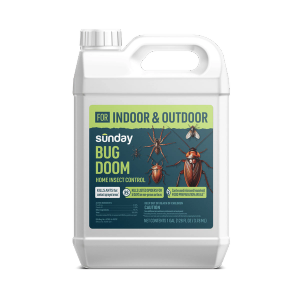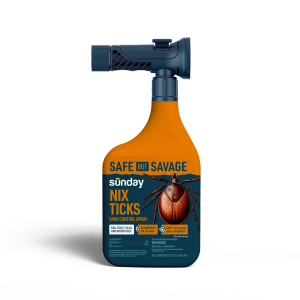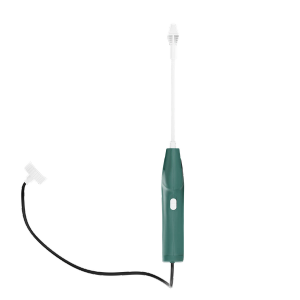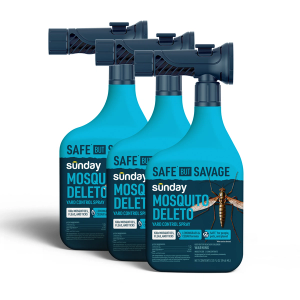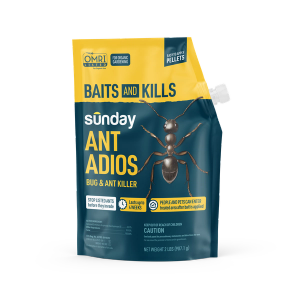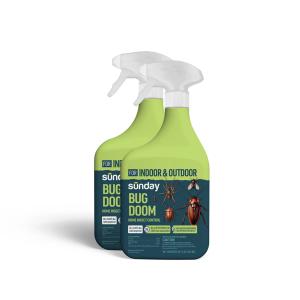Reasons for seasonal pest trends
As pests seek shelter and dependable food sources, their activity levels are tied to seasonal shifts. Here are a few of the things that affect their movement:
Life cycle
The life cycle of many insects follows a predictable annual pattern, and we’re unlikely to encounter them at all life stages. Crickets don’t emerge in summer because they want to crash your barbecue, but because that’s when they become active adults.
Temperature
Insects are cold-blooded, which means that, rather than maintaining a constant body temperature like humans, they rely on their surroundings to warm them up. In the winter you’ll find them burrowed in the soil or under plant debris or (gasp!) hiding out in your centrally heated home, but once the mercury climbs above 50F or so in the spring, they’ll begin to emerge. In the fall, you may notice an increase in pests inside your home, as critters like boxelder bugs, cockroaches, and spiders seek a warm, cozy spot to ride out the winter months.
If you live in a more moderate climate that never dips below freezing, you may find ticks to be a year-round nuisance. On the other hand, if it gets unseasonably hot where you live, this may reduce the egg-laying time for pests like mosquitoes, thus reducing their numbers.
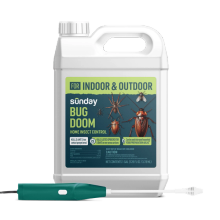
Bug Doom Home Insect Control Gallon with Wand
- Powered by chrysanthemum extract and canola oil
- Fights dozens of different pests
- Includes 1 gallon bottle and wand sprayer
- Patented technology
- Outdoor perimeter treatment
Moisture
Ever notice mosquitoes buzzing around more than usual after heavy rains? Too much moisture may cause an infestation by creating breeding grounds for certain pests. On the contrary, spring rains also tend to drive ants away from their nesting sites and in search of higher ground.
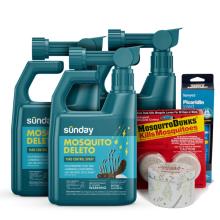
Mosquito Control Pest Plan - Medium
- Mosquito Deleto kills mosquitoes on contact and repels for up to 4 weeks
- Skin repellent prevents bites
- Mosquito dunks treat larvae in standing water and gutters for up to 30 days
- Citronella candle with hints of cedarwood and lemongrass burns for up to 40 hours
- Total plan offers between 4-6 months of protection
Food availability
The lack (or abundance) of food can drive pest populations down or up. An early spring, for instance, may lead to the early arrival of pests by kickstarting the growth of the plants they like to munch on. Similarly, a cold snap can kill off spring vegetation and set back pest populations. In the summer, many pests take advantage of longer daylight hours to feed.
How to use our seasonal pest maps
Now that you understand the seasonal behavior of pests, let’s add another element to the equation: your location! Weather patterns are different from state to state, so the pests that some people encounter in the spring may be quite different from what others experience. But don’t worry—we’ve got you covered with our regional, seasonal pest maps. Here’s your step-by-step guide to getting bugs under control:
- Use our pest maps to identify which pests you can expect in your area from season to season.
- Make a plan for Integrated Pest Management, because prevention is always easier than treatment. In addition to monitoring, exclusion, and other proactive measures, this sustainable approach can include the following habitat reduction techniques:
- Keep your yard clear of debris.
Repair cracks and holes that allow pests to enter your home. - Keep grass mowed and shrubs trimmed.
- Remove standing water.
- Keep food stored in airtight containers.
- Clean up crumbs and spills.
- Vacuum regularly.
- Cap your chimney.
- Keep your yard clear of debris.
- Check out our Sunday pest control options. They’re formulated with carefully selected, scientifically-backed ingredients that you can feel good about. Want to learn more about alternative pesticides? Click here.
- If and when pests arrive (emphasis on when), start by properly identifying them. Both indoors and out, it’s vital to know what you’re dealing with and treat accordingly rather than using blanket treatments.
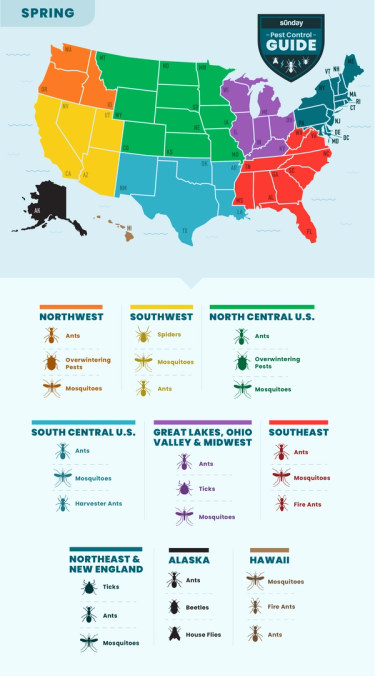


As part of our commitment to growing better, we’re excited to help you take control of pests around your home without harming pollinators and other critical members of our ecosystem. Let’s get started!

Cited sources
Cold Weather Impact on Insect Pests. University of Illinois Extension. How Insects Survive Cold: The Potential Impact of a Mild Winter. MSU Extension. Management of Pest Insects In and Around the Home. UGA Extension.







